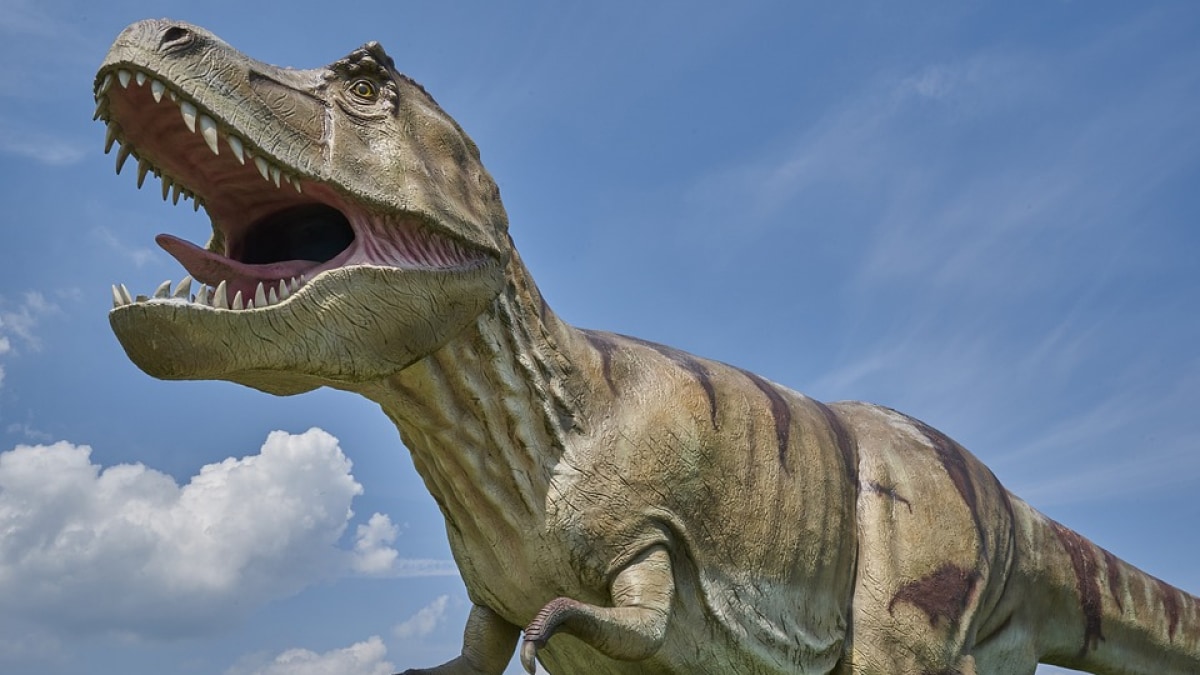A research revealed in Nature has supplied new insights into the atmosphere through the time when dinosaurs started to dominate the Earth. The evaluation, carried out on samples of fossilised feces, or coprolites, has revealed undigested remnants of meals, crops, and prey, providing proof of the dietary habits and ecological function of dinosaurs roughly 200 million years in the past. The findings tackle a 30-million-year hole in understanding the evolutionary rise of dinosaurs through the Late Triassic interval.
Key Discoveries from Coprolite Evaluation
The analysis focussed on the northern areas of the supercontinent Pangea, with materials gathered over 25 years. Superior imaging strategies have been utilised to look at the inner buildings of coprolites, revealing well-preserved stays of fish, bugs, and bigger prey. Notably, proof was discovered of bones consumed and digested by predators into salts and marrow, mirroring behaviours noticed in species like hyenas at present.
Coprolites from herbivorous dinosaurs, equivalent to early sauropods, have been discovered to comprise tree ferns and different crops. Researchers have been intrigued by the invention of charcoal in these samples, suggesting these dinosaurs ingested it to neutralise toxins present in sure ferns.
Adaptability as a Survival Mechanism
Within the research, the dietary variety of those early dinosaurs was highlighted as a big issue of their evolutionary success. Grzegorz Niedźwiedzki, co-author of the analysis, instructed in a press release that the flexibility to adapt to altering environments by way of plant consumption was essential for his or her survival. In accordance with the findings, these herbivorous dinosaurs displayed a choice for contemporary plant shoots, which enabled them to endure environmental upheavals through the Late Triassic.
The research contributes to understanding how adaptability in weight-reduction plan and behavior allowed dinosaurs to thrive amidst climatic challenges, paving the way in which for his or her dominance on the planet.

